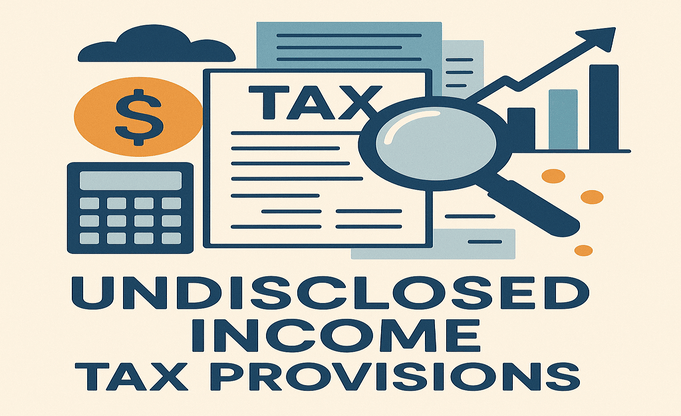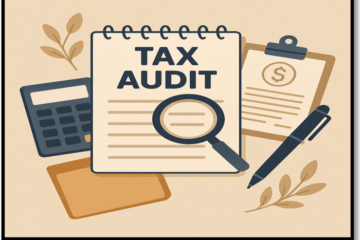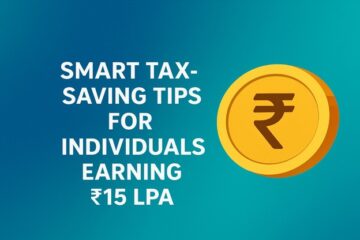This document simplifies key sections under the Income Tax Act related to hidden or unexplained income, investments, cash, or expenditure. These provisions help the tax department identify and tax ‘black money’ or unreported income.
Section 68 – Unexplained Money in Your Bank or Books
If money appears in your financial records and you can’t prove its origin, it will be taxed. You must also prove where the giver got the money from (called ‘source of the source’).
Section 69 – Unexplained Investments
If you’ve made investments not shown in your records and can’t explain the money used, it’s taxed as income.
Section 69A – Unexplained Cash, Gold, or Valuables
If you possess valuables like gold or cash that aren’t in your records and can’t explain them, they are taxed as income.
Section 69B – Underreported Investment
If you show a lower investment value than what you actually spent, the difference is taxed.
Section 69C – Unexplained Expenses
If you’ve spent money and can’t explain the source of that money, it’s treated as income and taxed.
Section 69D – Traditional Hundi Loans
If you borrow or repay money using ‘hundi’ in cash (not via bank), it is taxed as income.
Section 115BBE – High Tax on Unexplained Income
Income under Sections 68 to 69D is taxed at approx. 78%. No deductions or losses can be used to reduce it.
Section 271AAC – Penalty for Non-Disclosure or Non-Payment
If you don’t declare such income or fail to pay tax under Section 115BBE, you’ll pay a penalty of 10% of the tax.
Section 271AAD – Penalty for Fake Entries
If your books include false entries (like fake loans or sales), you may face a 100% penalty on the amount involved.
Tips to Stay Safe
• Keep documents showing who gave you money and where they got it from.
• Avoid cash transactions, especially large ones.
• Record all investments and expenditures properly.
• File honest tax returns and pay your taxes on time.




